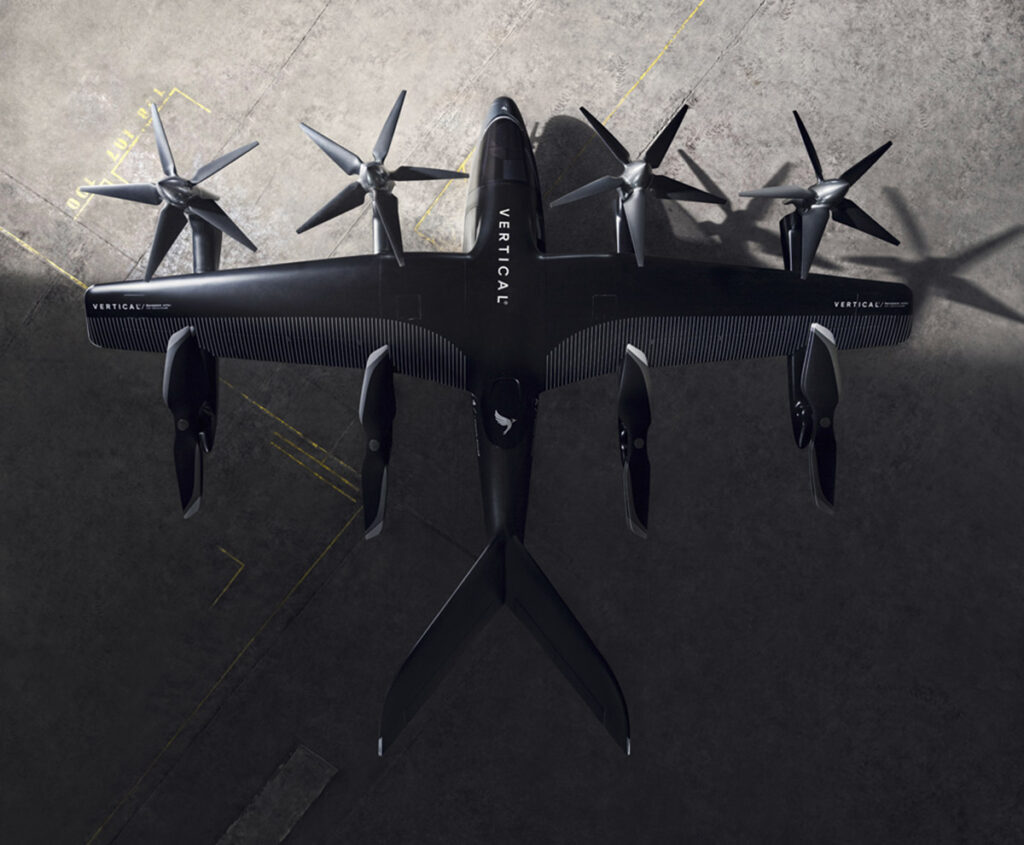Batteries are essential to our energy future. But adapting batteries for new applications is not always easy. UK-based Danecca, founded by the battery expert who worked on Jaguar’s iconic I-Pace electric crossover sport utility vehicle, aims to change that with a novel approach.
Batteries will be everywhere in the energy systems of tomorrow. The need to maximise the use of all available renewable electricity will drive battery developments in areas ranging from transportation to industry. But right now, there is an issue in adapting batteries to all these potential use cases; most batteries are mass-produced in Asia with little consideration for their end use.
Danecca, based at Silverstone in the UK, aims to change this with several major innovations based on founder and managing director Danson Joseph’s experience in developing the power supply for Jaguar’s sleek I-Pace coupé sport utility vehicle. At Danecca, “our focal area is the battery system, agnostic of any cell technology ,” says Joseph.
This potentially makes Danecca’s batteries better able to serve specific industries and use cases. But even if a battery can be adapted for a new application, scaling up production can be a problem for companies that are not ready to order products in bulk from Asia. Here again, Danecca is looking to help. In future, the company plans to “establish manufacturing facilities that can do – depending on the customer requirements – 1,000, 5,000, 10,000 units, with smaller jumps,” Joseph says.
Great for new concepts
This is great for companies looking to develop new concepts and has helped Danecca pick up customers in the aerospace, automotive and marine transportation sectors. One high-profile customer is Vertical Aerospace, which is aiming to bring battery-powered passenger aircraft to market.
What if a concept holds mainstream promise, and the customer decides to scale up battery manufacturing? Once more, Danecca has the solution. It is currently looking for investors to expand upon its current 8,500-square-foot facility and fund a factory in the UK that could produce up to a gigawatt-hour of batteries a year.
The facility will be designed with zero emissions and minimal environmental impact in mind, to “show that industrialisation doesn’t need to pollute the environment ,” says Joseph.
It will also potentially serve as a prototype for any Danecca customer that wants to set up battery manufacturing plants of their own. “We can deliver a factory like this in any location,” Joseph comments.
Removing risks from product development
Danecca’s approach “takes some of the risks out of the development of products and instrumentation,” he says, and not just because the company, which has around 30 employees, is there to assist all along the way.
Another risk-reduction feature that Danecca brings to the table is an awareness of the challenges involved in taking a battery concept through to mass manufacturing. “Often, a design is not sympathetic to the needs of manufacturing,” Joseph explains. “That’s when customers end up spending fortunes. They’ve got a design, then go to manufacture it and realise that they’ve got to change the whole thing. When we engineer, our engineering is aware of the subtleties of manufacturing.”
If Danecca’s philosophy catches on then it will not only help bring batteries to a host of new areas of life, but also improve the sustainability of the industry overall. “We define our purpose as to create sustainable life,” Joseph says.
For more information, please visit: www.danecca.com
Left: Founder and managing director Danson Joseph. Right: UK-based Danecca aims to help clients adapt batteries for new applications and feasible production.
